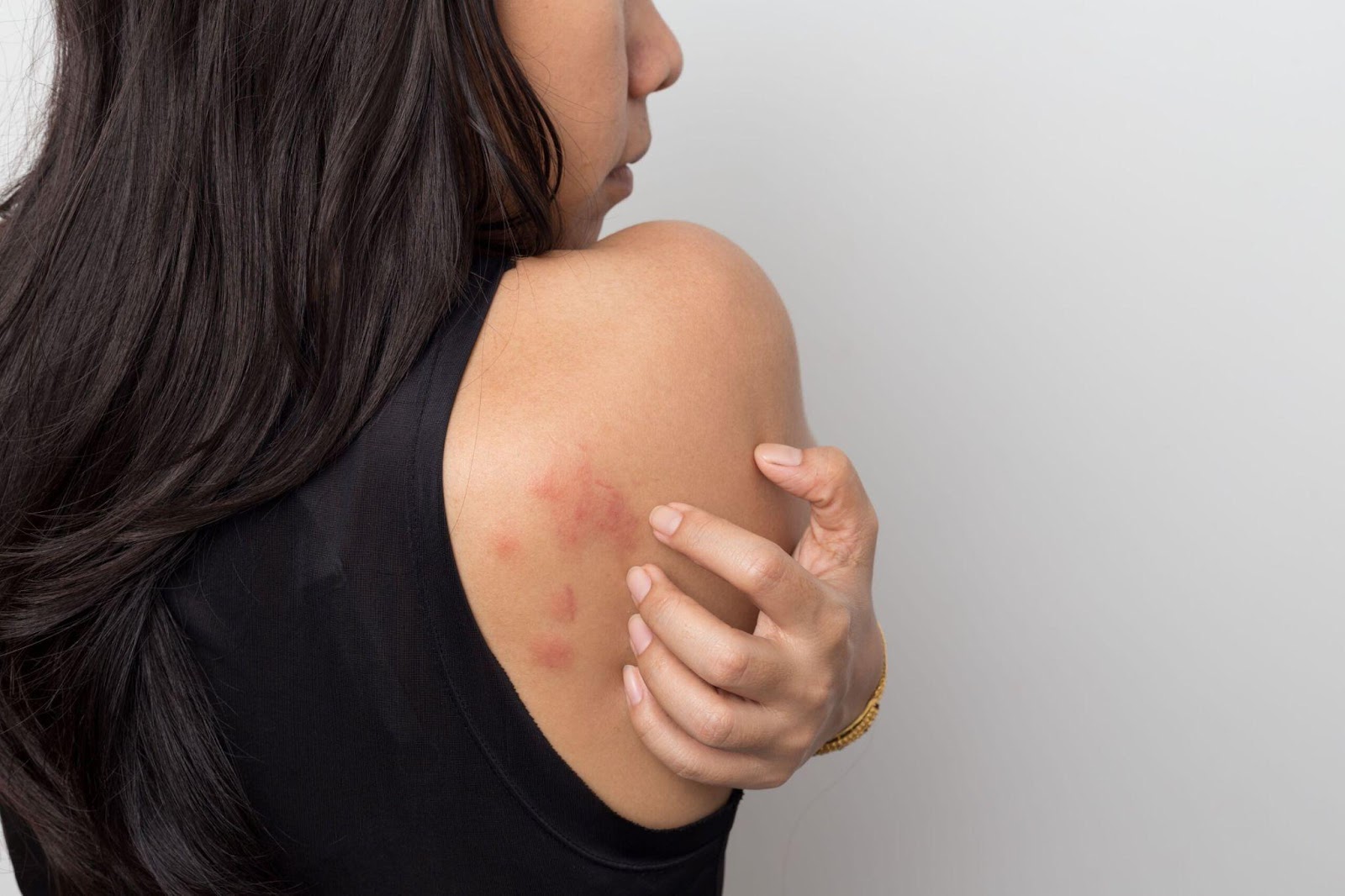Among all the cancers worldwide, skin cancer is the most often occurring one. It can manifest itself in several ways, and the symptoms might differ. < One often asked question is: Does skin cancer itch? Yes, but not always is the response. Knowing the symptoms will enable you to decide when to see a doctor.
Is Skin Cancer Really Itchy?
Indeed, skin cancer can bring itchiness. Around the site some people experience pain, discomfort, or a burning feeling. You should get checked if you have a persistent itchy spot on your skin.
Though it can indicate something is wrong especially if the spot is new, changing, or bleeding itching is not usually an indication of cancer.
Kinds of Skin Cancer That Might Lead to Sheeting
Skin cancer mostly comes in three varieties. Any one of them might bring itching:
The most often occurring kind is basal cell carcinoma (BCC). It could seem like a pink slowly growing lump. It could itch or become painful.
SCC, or squamous cell carcinoma, might resemble a rough, scaly patch. It might bleed, sting, or itch.
The most deadly kind is melanoma. It may seem like a mole with changing shape or colour. It could also feel tender or itchy.
Though not all itching areas constitute cancer, all changes should be given great thought.
What Search For
Look for further skin cancer symptoms including:
- One fresh development unlike your other moles
- An aching that never gets better
- An area that bleeds or crusts over
- A mole whose colour, size, or form changes
- Pain, burning, or sensitivity near a mole
Check your moles with the ABCDE Rule:
- A – Asymmetry: One side seems different from the other
- B: Border: Edges either jagged or uneven
- C: Colour; more than one hue or shade
- D: Diameter—larger than a pencil eraser’s about 6 millimetre range
- E – Changing: The location is evolving with time.
See a dermatologist if you run across any of these.
When Should One See a Doctor?
Should you have these, you should see a doctor:
- A scratchy area that never goes away
- Every one of the ABCDE indicators
- A mole or lump that bleeds, crusts, or aches
- An ache that won’t go away after a few weeks
Examining the site, a dermatologist could decide to check for cancer by taking a tiny sample known as a biopsy.
Advice for Clear Skin
- Every day, even on cloudy days, wear sunscreen.
- Try not to use tanning beds.
- Spend ten a.m. to four p.m. in the shade.
- Every month, examine your skin for new or shifting lesions.
Once a year, especially if you have several moles or a past of skin cancer, see a dermatologist.
Conclusion
Common and typically not dangerous is itchy skin. If the itching occurs in a mole or an odd location, though, it could indicate anything more. There are skin tumors that itch. Not discount changes in your skin.
Early discovery of skin cancer can literally save your life. Get it checked if you’re not sure about a location. One is always better off being safe.
This post was written by a professional at Wall Dermatology. Wall Dermatology, led by Dr. Weston Wall, a fellowship-trained Mohs surgeon, is a premier dermatology practice dedicated to excellence in skin care. Born and raised in St. Petersburg, Dr. Wall is deeply committed to serving his community with expert medical, surgical, and cosmetic dermatology services. Specializing in skin cancer prevention, detection, and treatment, mohs doctors Clearwater FL combine cutting-edge techniques with a compassionate, patient-first approach. With decades of experience, Dr. Wall and his team prioritize personalized care, ensuring each patient feels valued and confident in their skin health. Trust Wall Dermatology for expert, compassionate, and comprehensive dermatologic care.

